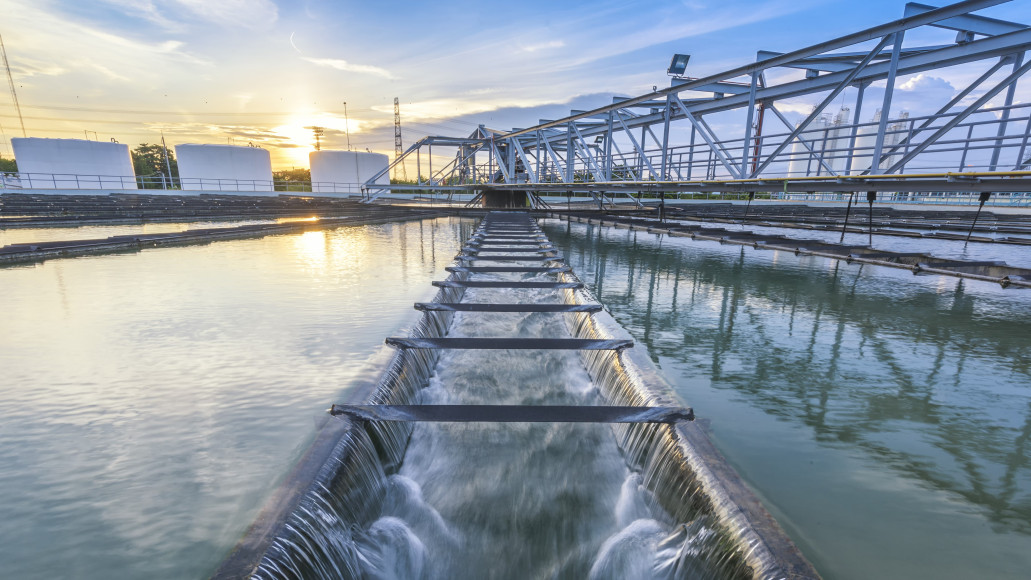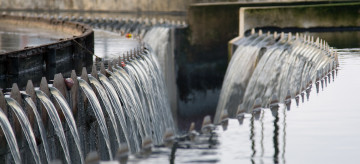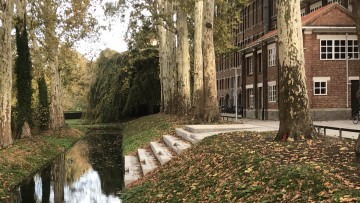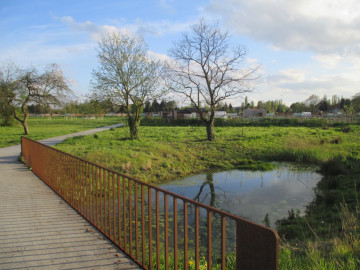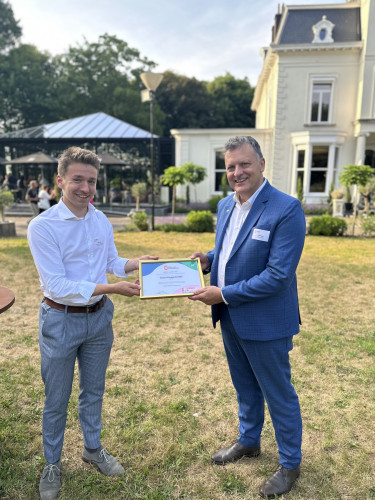Today, the industrial sector is often faced with the challenges that come with sustainable water management. This is shown by the Voka Industry Benchmark: "Since 2017, the Industry Forum of Voka - Chamber of Commerce Antwerp-Waasland has been surveying about 60 industrial companies in the region to assess their position compared to other regions. Previous benchmarks on decarbonisation, circularity and energy management have already been published," says Nadia Werkers, Operational Director VOKA Antwerp-Waasland. The recent benchmark provides crucial insights for circular water management in industry and stimulates cooperation between companies.
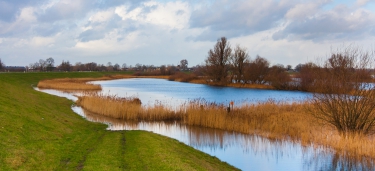
The benchmarks show that the road to sustainable production and business is indeed set.
Nadia Werkers
Operational director VOKA-Chamber of Commerce Antwerp-Waasland
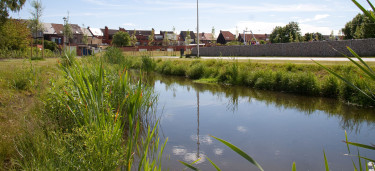
Collaborations and coalitions can help industry take further steps in reducing dependence on natural water resources. Think of farmers using purified wastewater from companies, companies reusing domestic wastewater or companies investing in infiltration and nature enhancement in groundwater supply areas.
Marijke Huysmans
Professor of hydrology and hydraulic engineering at VUB
